
FINMARI is creating the future of marine research
Finnish marine research is developed and coordinated by the FINMARI consortium, which ensures that the methods, vessels, laboratories, and equipment of marine research are in joint use by all members.
FINMARI, the consortium for marine research, develops and coordinates Finnish marine research. FINMARI ensures that the methods, vessels, equipment, and laboratories used in marine research are modern and available for common use.
FINMARI is a Finnish marine research consortium established in 2014. It covers the entire field of marine research, from physical oceanography to geology, marine biology, and fish research. Research topics include climate change, eutrophication of the Baltic Sea, harmful substances, noise, plastic, invasive species, as well as issues related to maritime safety and the green transition.
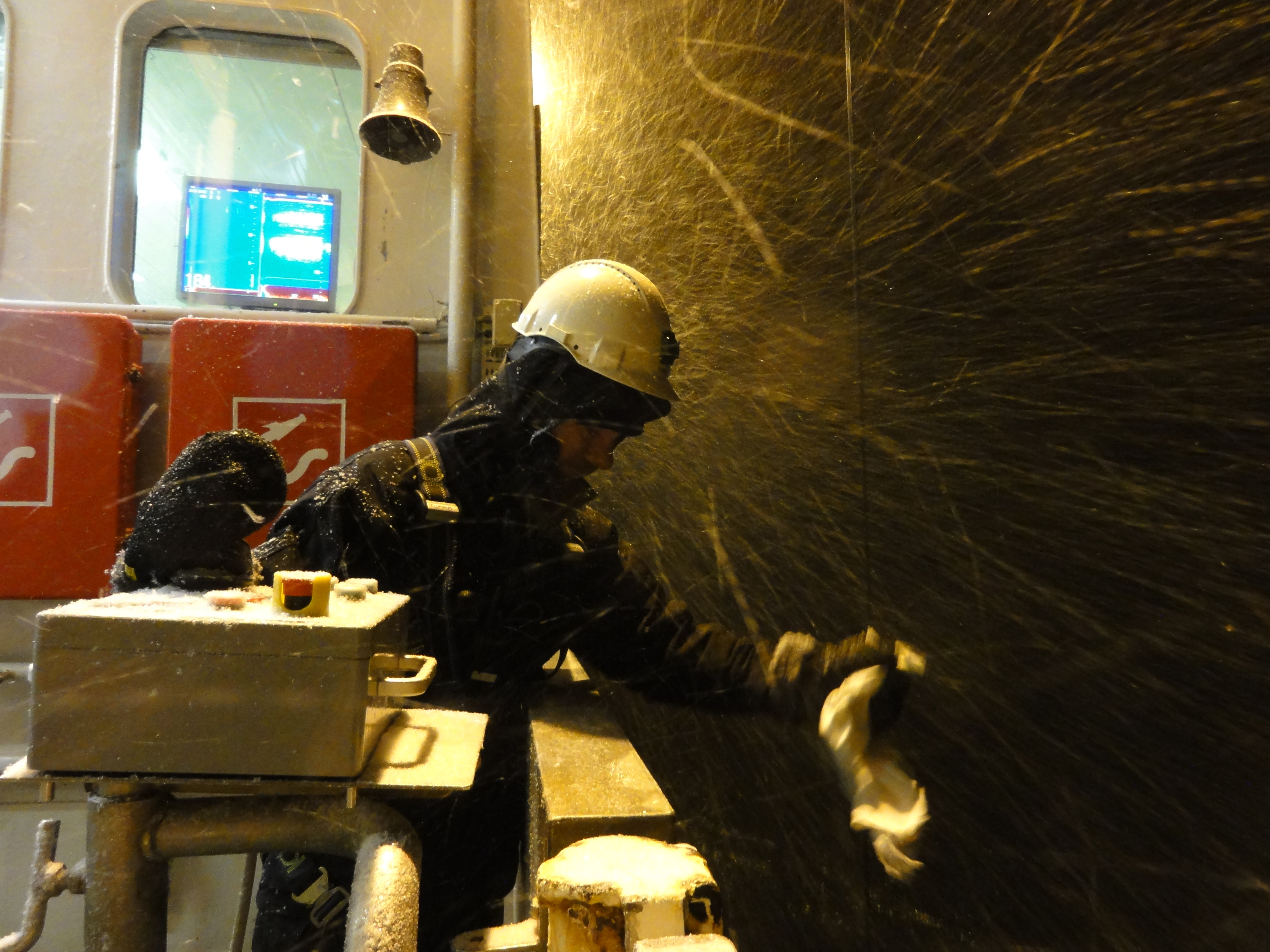
FINMARI supports Finnish marine-based research, development, and innovation activities, as well as the protection of the Baltic Sea, by developing the research environment through national and international cooperation. Research infrastructure refers to the research equipment and measurement data needed in marine research, as well as the expertise related to their use.
Collaboration brings resources and efficiency, but it also generates insights and new perspectives. The Baltic Sea and the opportunities it offers are revealed to the research community and society in an unprecedented way when the boundaries between administrative and scientific disciplines are crossed.
-
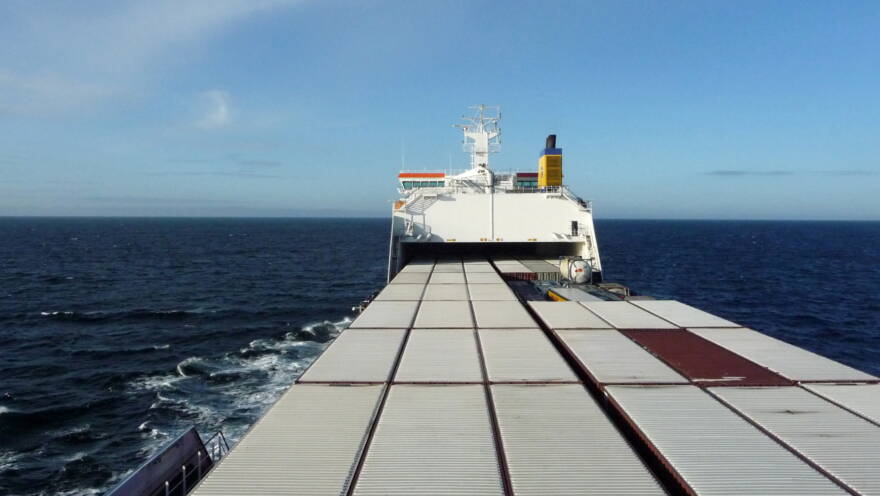 Find out more
Find out moreAutomatic observations from ships
FINMARI is a consortium of four research institutes and three universities, coordinated by the Finnish Environment Institute. The consortium includes the University of Helsinki, the University of Turku, Åbo Akademi University, the Finnish Environment Institute, the Finnish Meteorological Institute, the Geological Survey of Finland, and the Natural Resources Institute Finland.
The different parties complement each other with their research equipment and expertise, bringing them into common use. The most important resources are the Finnish research vessels Aranda and Geomari, numerous automatic measurement stations and devices, as well as research laboratories and university field stations. An innovative insight is Algaline, which involves using merchant ships for marine monitoring. Automatic measurement systems, “ferryboxes,” have been installed on ships operating regular routes, and the results are utilized by the FINMARI consortium.
FINMARI develops new types of marine research
FINMARI, in collaboration with the Finnish Meteorological Institute and the Finnish Environment Institute, has built a new generation automatic field station on the island of Utö. The station measures the interaction between the atmosphere and the sea, as well as the physical, chemical, and biological properties of the entire water column, from the surface layer to the bottom. Real-time measurement results are freely available on the Utö station’s data page (in English).(siirryt toiseen palveluun)
At the Utö station, the latest, still-developing measurement methods are tested and implemented in collaboration with international top researchers. The focus is on interactions and processes between the sea and the atmosphere that are important for climate change, as well as the application of automatic imaging methods and artificial intelligence to study marine microorganisms.
As part of the FINMARI collaboration, a movable observation station with automatic measuring devices (bottom lander) anchored to the seabed has been introduced. This allows for better and more comprehensive measurement of the properties of the seabed and the surrounding water mass. Measurements can be made not only along the coast but also in open sea areas, which was not previously possible. The bottom lander enables the study and understanding of changes in the chemical composition of water that occur when climate change, salt pulses, and other currents move water masses.
Boost from international networking
FINMARI connects Finnish marine research to numerous international networks in the field. These include the European coastal observatory network JERICO, the European Marine Biological Resource Centre EMBRC, and the AQUARIUS network providing marine research environments.
-
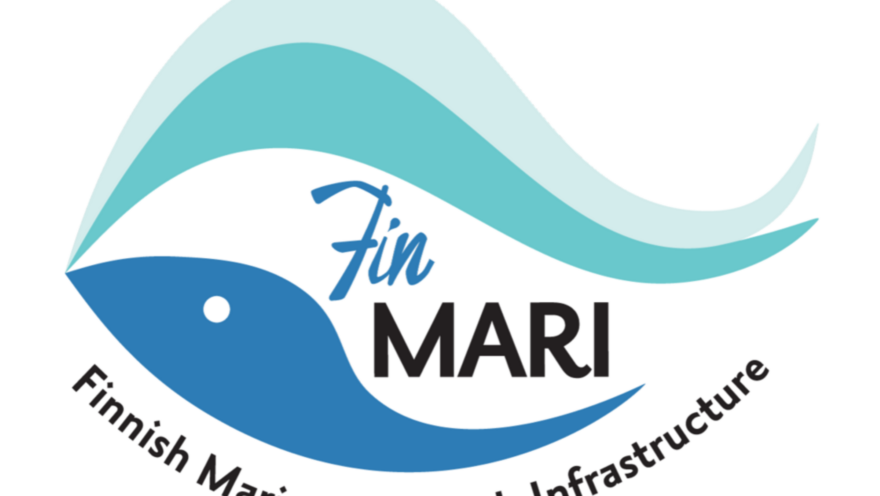 Find out more
Find out moreFINMARI Homepage (siirryt toiseen palveluun)
The goal of European research cooperation is to better understand European coastal seas, including the Baltic Sea. When the state of the seas and the factors affecting them are known, research resources can be used efficiently, and precise information can be obtained about the significance of marine protection measures. Increased knowledge also makes it possible to assess how marine ecosystems respond to climate change and other pressures.
Both the national FINMARI and the European-wide marine research networks provide research platforms, services, and information to scientists, decision-makers, and citizens. They also develop common methods and tools to observe and measure the state and functioning of coastal seas.
More information on the research methods used and developed by FINMARI can be found on the English-language pages of the consortium and its European contact networks.
-
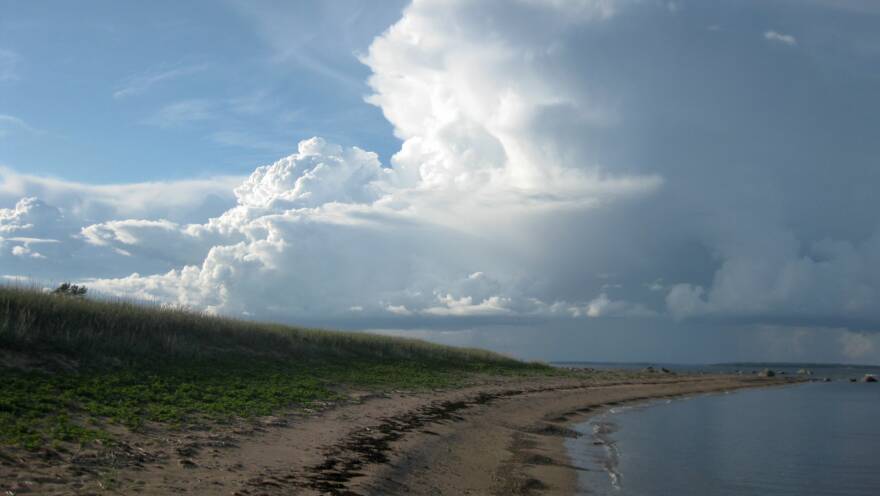 Find out more
Find out moreWhat is studied and why
-
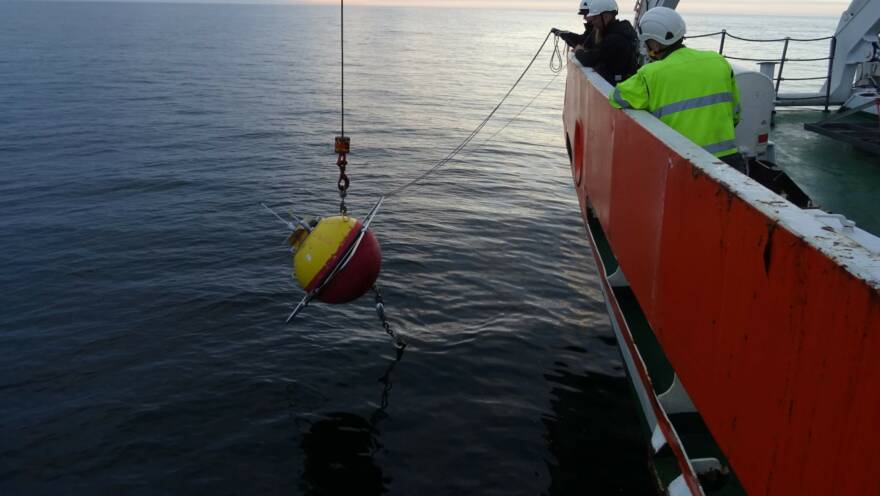 Find out more
Find out moreHow the oceans are studied

